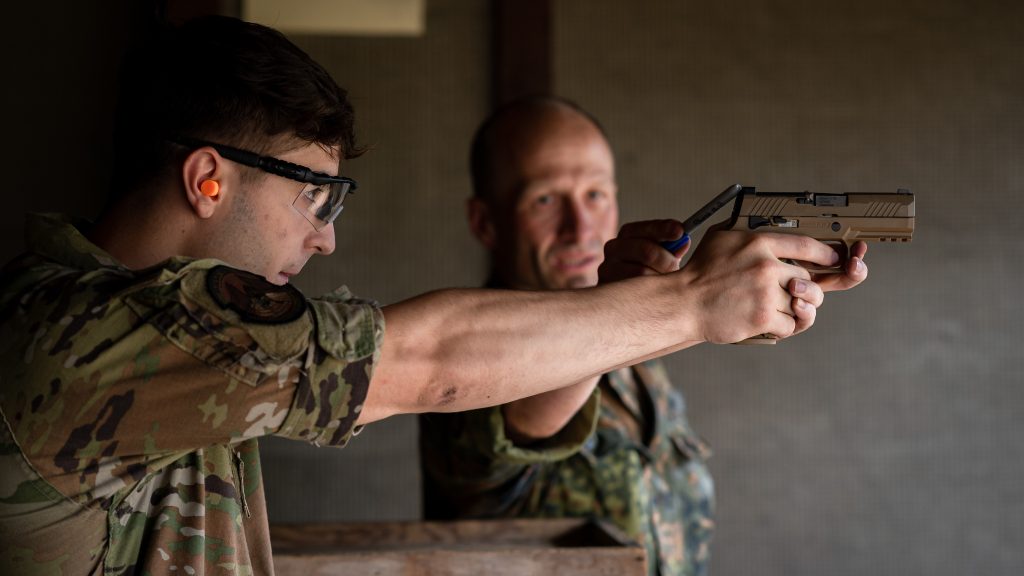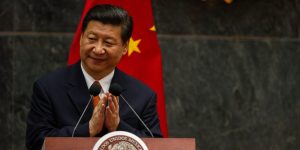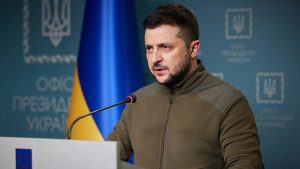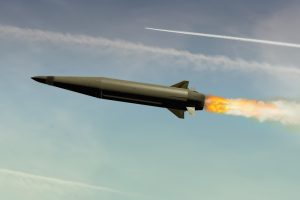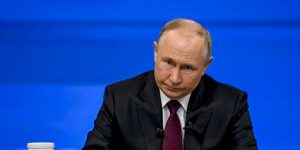Germany and Poland reject troop deployment to Ukraine.
Others are reading now
Germany has dismissed discussions about deploying troops to Ukraine, stating that such a move would only be considered after a peace agreement is reached.
Government spokesperson Christiane Hoffmann made it clear that Berlin’s focus remains on diplomatic solutions before military commitments.
“We have repeatedly said that we must first wait until we see whether, as we hope, peace has been established in Ukraine and in what way,” Hoffmann told European media. “Then we can discuss the terms and how it will be organised.”
Polish Prime Minister Donald Tusk echoed Berlin’s stance, stating that Poland has no plans to send its soldiers to Ukraine.
Also read
“Poland will help Ukraine in the same way it has done so far: depending on our financial, humanitarian, and military capabilities. We are not going to send Polish soldiers to Ukrainian territory,” Tusk told news reporters on Monday.
UK and Sweden Open to Peacekeeper Role
While Germany and Poland hesitate, the UK and Sweden have signaled a willingness to consider peacekeeping missions in a post-war Ukraine.
British Prime Minister Keir Starmer recently stated that the UK is prepared to deploy troops to Ukraine to enforce a future peace settlement, a move he acknowledged as a difficult but necessary decision.
Meanwhile, Swedish Foreign Minister Maria Malmer Stenergard said Stockholm is considering all options, including sending peacekeepers, as part of efforts to maintain stability in Ukraine once hostilities end.
Reports suggest that European peacekeepers could be deployed to Ukraine following a ceasefire agreement.
However, there is no clear consensus among NATO allies on how or when this would happen.

